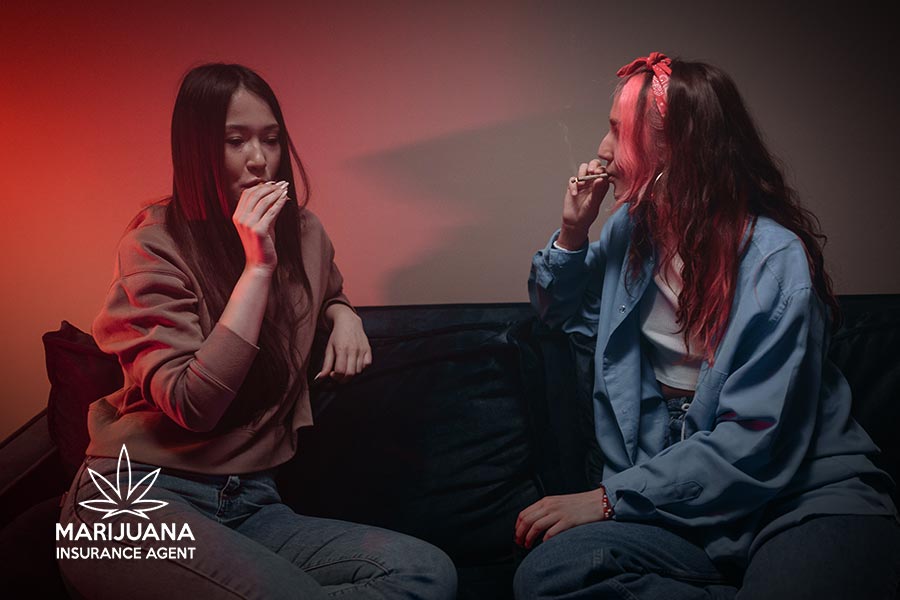In 2020, Alaska became the first state to allow for cannabis consumption lounges but until recently most progress in this regard took place at the local level in cities and municipalities such as Denver and West Hollywood, California.
Increasingly though, more and more states are introducing legislation to allow for on-site marijuana consumption at licensed venues and retailers.
The first cannabis lounges in Colorado and New Mexico opened for business in April, with Michigan set to follow imminently. In Nevada, meanwhile, lawmakers are close to ironing out the final details on how this newly-approved class of establishments will operate.
The possibility of running a bar-like venue for cannabis consumers means this is an exciting, and potentially lucrative, time to be a marijuana retail entrepreneur. However, it comes with a new set of risks in a similar manner to liquor liability for restaurants, bars and nightclubs.
As with alcohol, marijuana intoxicates and this impairs people’s judgment and can cause adverse effects. As such, business owners running a cannabis lounge must consider insurance policies tailored to the potential risks of serving marijuana products and hosting impaired customers.
Here are the three main risks to consider, and what marijuana lounge owners can do to address them.
1. Overserving
A cannabis lounge patron could file a lawsuit claiming they were overserved marijuana and that this resulted in an injury, either to them or a third-party.
Liquor liability lawsuits should prove to be sobering reading for cannabis lounge owners, with one recent case at a nightclub in Houston, Texas, resulting in a $20 million payout after justices deemed a nightclub overserved a customer and that this directly led to a drunk driving collision which left a teenager dead.
Legal defense, medical expenses and court settlements for overserving cannabis could be covered under the company’s Product Liability Insurance (PLI) or Commercial General Liability (CGL) Insurance, but this remains unclear given such establishments have only been operating for a short time and at a small scale.
It’s possible, however, that many existing marijuana insurance policies would exclude losses that have arisen directly as a result of cannabis consumption.
2. Product defects and budtender advice
This risk also concerns normal marijuana retailers that don’t allow for on-site consumption, but it could prove to be even more acute in a consumption lounge setting. For both types of operations, as well as growers, it’s essential to have Product Liability Insurance and Product Recall Insurance (PRI).
On top of this, it’s worth considering Employment Practices Liability (EPL) Insurance which should cover allegations against employees for incidents of discrimination. Budtenders should also be aware that they cannot give medical advice, only general product information. To our knowledge, there has yet to be a lawsuit filed over advice given by a budtender, but marijuana lounge owners should nonetheless make sure budtender liability is included in their general CGL policy.
3. Theft and vandalism
Pretty much every business is at risk of theft and vandalism, but this is especially so for cannabis retailers forced to operate on a cash-only basis due to federal prohibition.
At a busy cannabis lounge, the potential for theft may be even greater so it’s crucial to have Commercial Property Insurance in place. A comprehensive policy would also cover other loss-incurring events such as fires and floods.
Choosing an insurance broker with marijuana expertise
To mitigate against the risks of running a cannabis social lounge, it’s important to work alongside an insurance broker with experience in the marijuana industry. As well as knowing all the relevant rules and regulations, they can advise on all the available coverage options relevant to a marijuana consumption lounge.
This sector in the marijuana industry is nascent, and no cannabis lounge owner wants to be the test case for a new type of lawsuit only to find they are fully liable for all costs incurred.

Leave A Comment